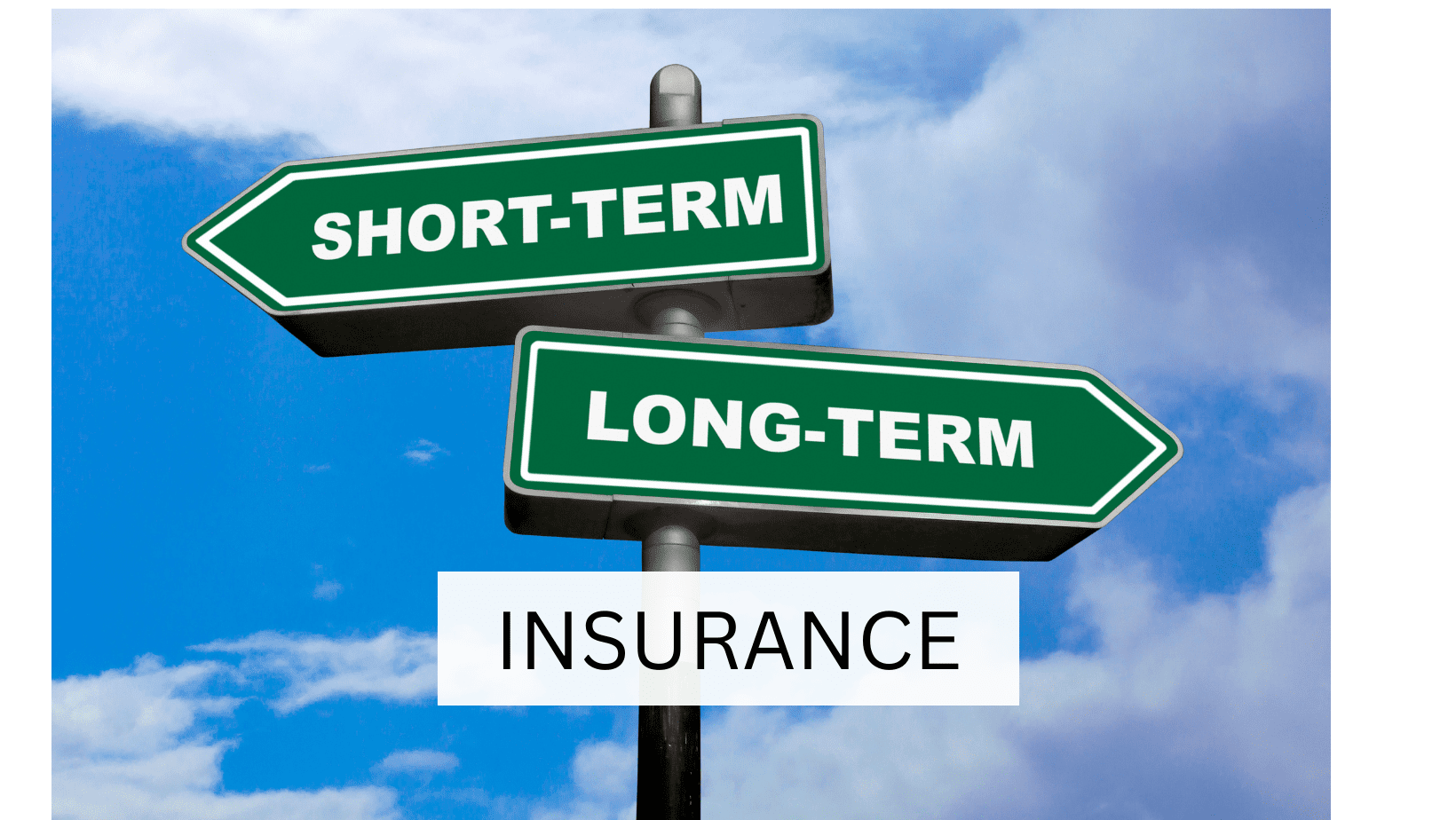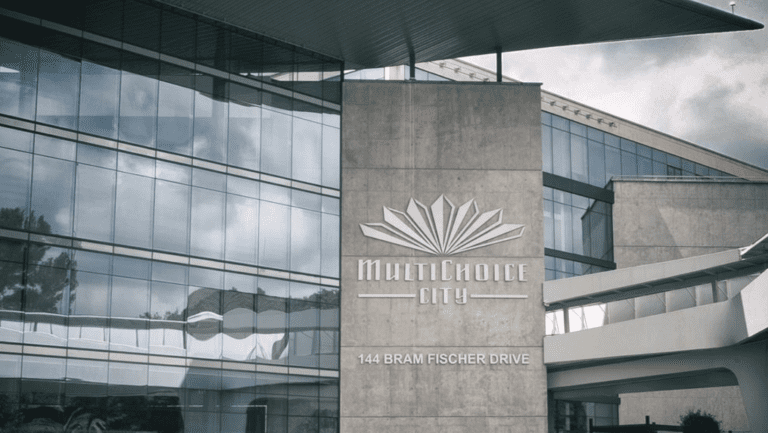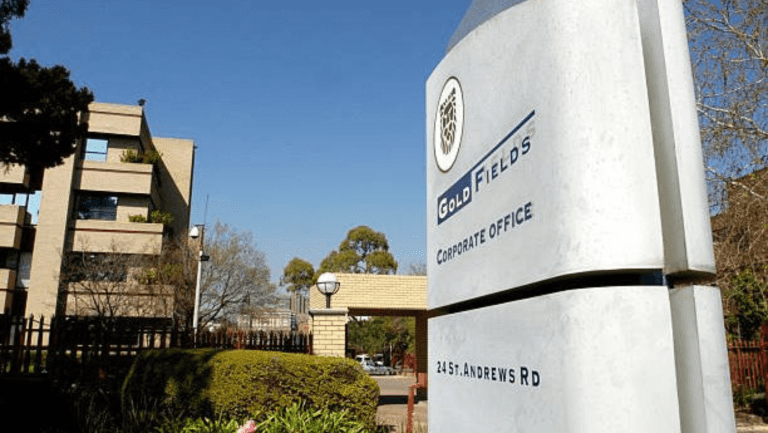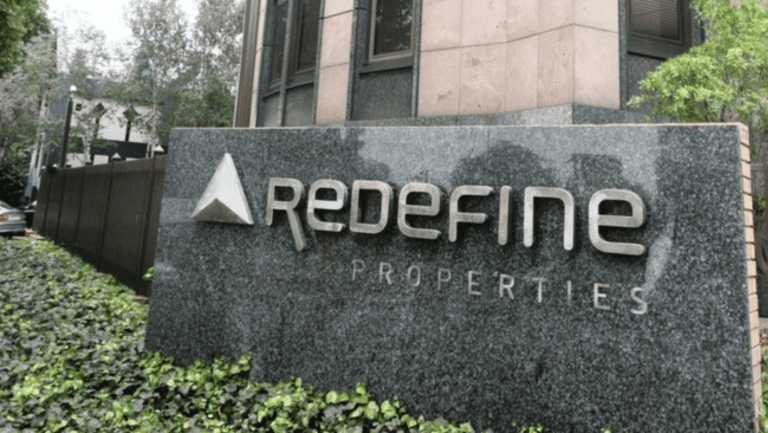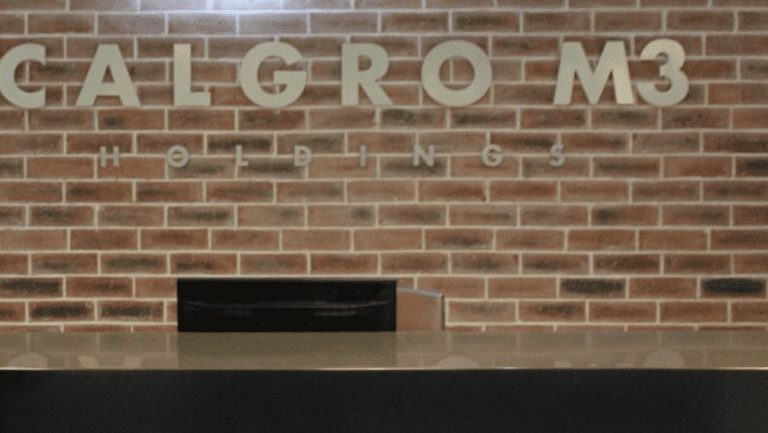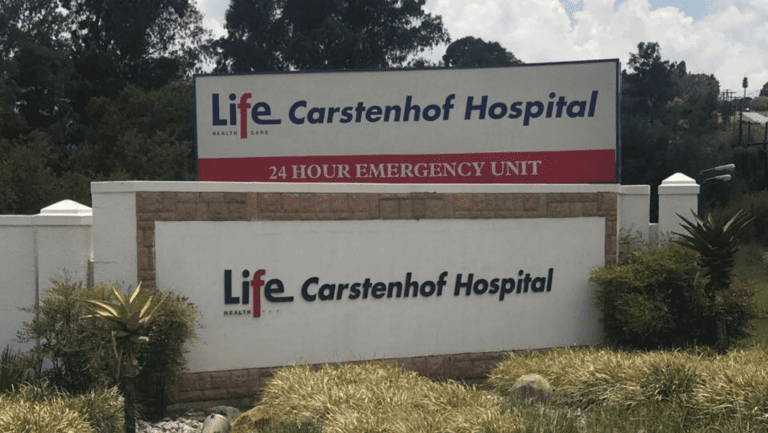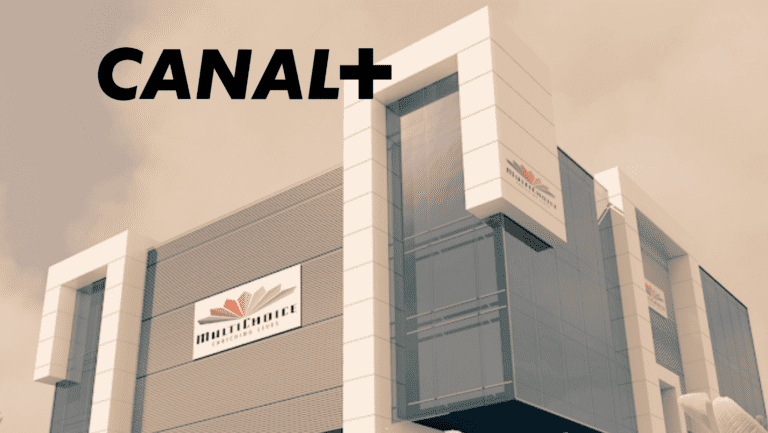In the insurance industry, the terms “short-term” and “long-term” insurance are frequently used. Many people use these words interchangeably, despite their different meanings. Life insurance is not available from all insurance companies, nor is short-term insurance, though some do offer both.
The importance of long-term and short-term insurance lies in their respective goals. Understanding the definitions of the terms will help you decide which insurance product is best suited to your needs. South Africans buy insurance at random, with no plan.
Knowing the meaning and differences of these terms will help you plan for your insurance needs much more easily. Each term is defined below, along with its advantages and disadvantages.
What is short-term insurance?
Short-term insurance is a time-limited insurance policy that grants the policyholder the exclusive right to make claims for a set period of time. A short-term insurance policy protects one’s assets for a limited time. Short-term insurance can cover risks such as theft, damage, medical expenses, and more.
Short-term insurance is an essential component of long-term financial planning. A short-term insurance policy provides protection in the present while also ensuring that the item insured is covered if it is damaged or stolen.
When purchasing short-term insurance, one must decide which type of coverage to purchase. Comprehensive insurance coverage is the most common option for short-term coverage, but it is also the most expensive.
The comprehensive insurance policy covers a wide range of occurrences such as theft, fire, damage, and other insured occurrences. Comprehensive insurance is most commonly used for car insurance and medical insurance.
In South Africa, there are numerous types of short-term insurance coverage. The following is a list of short-term insurance policies.
Types of short-term insurance
- Car Insurance,
- Buildings Insurance,
- Portable Possessions Insurance,
- Medical Insurance,
- Personal liability insurance, and
- Home Contents Insurance.
Car Insurance
Car insurance is a contract between a policyholder and an insurer to cover a motor vehicle for a set period of time. The following are the most common car insurance coverages:
- Comprehensive insurance protects the policyholder’s vehicle against third-party liability, theft, fire, and damage. A comprehensive car insurance policy may also cover dents, broken windshields, and other minor damages.
- Third-party only – A third-party only liability cover is a motor vehicle insurance policy that protects the policyholder if the policyholder is held liable for third-party damage. The insurance policy covers the damage caused by the insured’s motor vehicle. Unlike comprehensive car insurance, the third-party only cover doesn’t cover the vehicle of a policyholder but the vehicle.
- Third-party, fire, and theft insurance can be purchased as a single car insurance policy. The policy covers damages where a policyholder is held liable for a third party damage, as well as loss or damage to the policyholder’s motor vehicle caused by fire, lightning, explosion, theft, or hijacking.
Car Insurance also offers a separate policy that can be purchased to cover the excess costs from a payout. Excess Coverage is another type of insurance that can be purchased to cover the excess payment required when filing a claim. This product is also available for a limited time and can be used to supplement comprehensive, thirty-part only, third-party, fire, and theft coverage.
Buildings Insurance
Buildings insurance protects the policyholder’s home against natural disasters and human negligence. The product protects residential properties against loss or damage caused by insured events such as fire, floods, theft, explosion, and other disasters.
A bank requires one to have buildings insurance when taking out a home loan to protect the bank’s and the policyholder’s investment. Buildings insurance provides comprehensive coverage. The insurance is only valid for a limited time.
Portable Possessions Insurance
Portable Possessions Insurance is a short term insurance policy that protects the policyholder’s portable possessions such as tablets, mobile phones, jewelery, luggage, and more. The cover is taken to safeguard the portable possessions by repairing and replacing them should a covered occurrence take place.
Medical Insurance
A medical cover is a short-term insurance that is offered by a number of insurance companies in South Africa. Medical insurance can come with stricter conditions such as entry limit and can also impose waiting periods since they are not governed by medical aid regulations or the medical schemes act.
Home Contents Insurance
Home Contents Insurance is a type of short-term insurance that protects household valuables such as furniture and other household contents. The insurance protects the contents of the home against damage or loss. A home contents insurance can be taken for a limited period and requires a policyholder to be specific when listing home contents to be insured.
Personal liability Insurance
A personal liability insurance policy covers the policyholder for a specific amount of money in the event of an unforeseen disaster. The coverage is primarily for a liability that the policyholder may incur if they suffer bodily harm, illness, accidental death, or damage to another person’s property.
Advantages of a Short-term Insurance
- There are various short term insurance policies to choose from, and one can choose a few covers that he or she requires at a low cost.
- A short-term insurance policy can cover all of your personal belongings and valuables.
- Short-term insurance can provide immediate coverage.
- The underwriting process is relatively quick.
- There are bonus or money back offers available for not claiming for a set period of time.
- Discounts on premiums are available when, for example, living healthy while on medical aid or driving safely while insured.
Disadvantages of a short term insurance
- In the event of an insured event, a short term insurance product may require the insured party to pay an excess fee. The insured party must have excess insurance or pay an excess fee out of his or her own pocket.
- A policy will be terminated if payments to the insurance product are not made for a specific time period.
- Many short-term insurance products only cover a limited number of occurrences, and comprehensive coverage can be very expensive.
- Individuals require far too many short-term insurance policies, and combining them into a single product is not feasible in today’s market.
- The insurance product lasts for a limited period, therefore, if a policyholder purchases a new asset to replace the old one will still need to insure it and most likely pay a premium installment if it is brand new.
What is long term insurance?
A long-term insurance policy is one that protects a person’s life or ability to earn an income rather than his or her possessions. The term “long term insurance” refers to the duration of the coverage.
A long term insurance product is intended to last for a very long time and, in most cases, until the primary insured dies. A long term insurance policy, as opposed to a short term insurance policy, can last for many years.
Most long-term insurance policies can also be used to protect family members and close relatives. Family and relatives can be insured to ensure that a payout is made in the event of an unfortunate event like death or terminal illness.
Long-term insurance products, as opposed to short-term insurance products, pay out directly to the beneficiary chosen by the policyholder. As a result, there is no excess fee or excess insurance available. When filing a claim, the lump sum payment is paid in full.
The payout amount is agreed upon at the time of purchasing a long-term insurance policy. However, the policy contains binding clauses that must be followed in order for a claim to be successful. Claims may take longer to process than short-term insurance policies because the evidence required for a successful claim may take longer to gather.
What are the different types of long term insurance products?
There are several long-term insurance products available in the South African market today. The following is a list of long-term insurance products available in South Africa.
- Life insurance,
- Key person insurance,
- Funeral cover,
- Disability insurance,
- Income protection cover, and
- Dread disease cover.
Life insurance
A life insurance policy protects the beneficiaries of the primary insured individual in the event that he or she dies. If the policy’s conditions are met when the policyholder dies, the policy acts as an assurance. In the event of death, a payout is made to the policyholder’s beneficiaries.
The payout is made in the form of a lump sum payment that is divided according to each beneficiary’s share. A payout from a life insurance policy can be directed toward various expenses; however, the policy’s beneficiaries have the final say on what to do with the payout money.
Key person insurance
A key person insurance policy is one that is purchased for a key member, partner, or director of a company. The insurance product exists to ensure that the transition from a key person to a new key employee is as cost effective as possible. When a key employee dies, key person insurance provides financial security for the company.
This specialty insurance product necessitates extensive underwriting and a lengthy waiting period. The level of cover for this product is advised at the time of purchasing the insurance product.
Funeral Cover
A funeral cover is an insurance policy that pays for an insured person’s funeral expenses. The policyholder can add additional family members to the insurance policy, but this will raise the premium cost. Funeral plans nowadays can cover up to 32 family members.
Funeral coverage can be customized by requesting policy add-ons. Repatriation, tombstone costs, and other options can be added to a funeral policy. Funeral insurance policies typically pay out a lump sum to a beneficiary within 48 hours of a successful claim.
Disability cover
A disability insurance policy protects you against physical body damage or deterioration. The policy provides comprehensive protection against a wide range of occurrences, whether the disability occurred at work or at home.
Disability insurance premiums are much lower than those for life insurance. A disability policy can be added to a life insurance policy for an additional premium. Nowadays, life insurance policies include automatic disability coverage up to a certain limit.
Dread disease insurance
A dread disease insurance policy covers a variety of diseases that are considered critical illnesses. When purchasing Dread disease insurance, a list of Dread diseases that are insured are typically provided. These include life-threatening diseases such as heart disease, cancer, Parkinson’s disease, and others.
Dread disease coverage varies by insurer in South Africa since different types of diseases are covered per insurer. A dread disease policy pays a lump sum in the event of a specialist’s diagnosis. The person purchasing the insurance product selects a coverage amount.
Advantages of long term insurance
- Provides a lump sum if an insured occurrence occurs.
- The money is paid to the beneficiary in one lump sum.
- The underwriting process is quick, but blood tests and other tests may be required for some of the long-term insurance policies.
- When compared to short-term insurance premiums, long-term insurance premiums are very low.
Disadvantages of long term insurance
- Claims may take time to process because evidence must be gathered or made available.
- Cancellation of a long-term insurance product does not result in a refund.
- Those with preexisting conditions may have a waiting period after signing up for a long term insurance product.
- Additional tests may be required before a policy can be activated.
Conclusion
Long term insurance is essential for living a financially stable life in the event of an accident, and it can protect the interests of your family in the event of your death. Short-term insurance products protect assets, and there is an insurance product that can protect the majority of assets in South Africa.A combination of long-term and short-term insurance products is ideal for protecting assets, lives, and excess payments.


